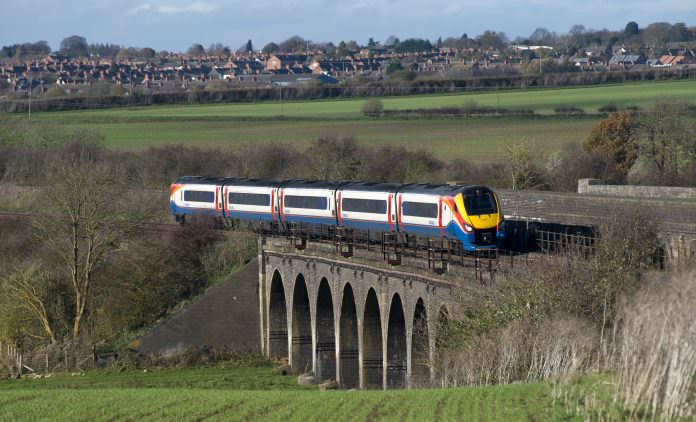Route-based management teams which include representatives from Network Rail and the train operator will run Britain’s railway in the future under reforms announced by the Transport Secretary today.
The changes, which appear less radical than many earlier reports had suggested, will see future franchises adopting alliance structures similar to those used in the South West and Scotland in recent years.
Speaking to the BBC, Chris Grayling said Network Rail was too centralised and needed to become a collection of route-based businesses with a local management team that knows the line.
Grayling announced the creation of a new organisation, East West Rail, to act as the testbed for ‘integrated rail operation’ on the line being reinstated between Oxford and Cambridge.
The first existing franchises to have the new management structure will be South Eastern and East Midlands, which will both be renewed in 2018.
The Transport Secretary said in a statement: “It would be no exaggeration to say that the railways of this country are crucial to its economic future. Without them our economy would grind to a halt.a
“Our railways need to adapt and change in order to be able to cope with the growth that they have already experienced, and that which lies ahead. We need a railway which is sustainable in all senses of the word.
“East West Rail will provide a commuter route for the crucial centres on its route and will provide the transport spine for additional housing and business development in a corridor which is one of the government’s priority areas for the future of our country.
“The new organisation will work hand in glove with the National Infrastructure Commission as it plans the development of this nationally important transport corridor to identify the best way to deliver the project.”
Network Rail chief executive Mark Carne welcomed the plans: “We have already devolved Network Rail into route-based businesses closer to customers, and the proposals announced today will build on the alliances we have created between these route businesses and train operators.
“We also strongly believe there should be better alignment of incentives between train companies and Network Rail. That is why we now align the performance incentives for all of Network Rail’s 35,000 staff, around targets agreed jointly with train operators. But more needs to be done across the industry.”



